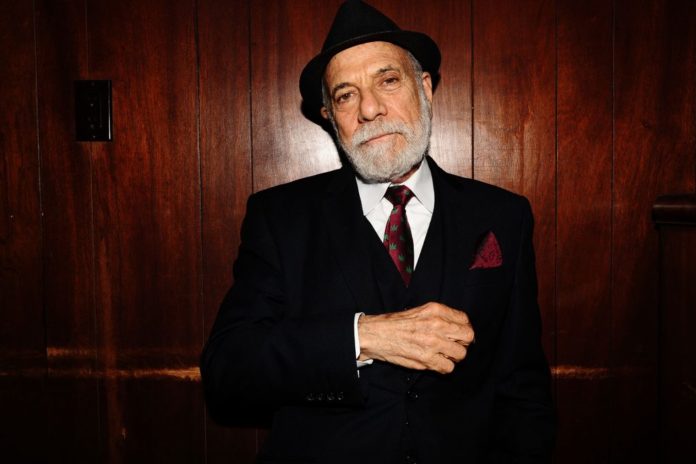In our continuing series Ask A Lawyer, famed criminal defense attorney Bruce Margolin fields mg magazine readers’ questions, delivering the sort of answers that can be provided only by a 45-year veteran of the government’s war on cannabis.
Dear Bruce, I ran an Los Angeles-based dispensary that was shut down in 2014. I have another opportunity to start a new shop before the end of 2015. The way I read the new laws, I need to be open by 2016 to have a chance at a state license, but could I still get shut down under Proposition D? Tempted
Dear Tempted: Please take another look at the new laws. Opening by 2016 would only provide you prioritization in the state licensing process; it is not a requirement to have a chance at a state license. See Business & Professions Code § 19321(c). However, operating in “good standing with the local jurisdiction” is a requirement to have a chance at a state license. It is impossible for “a new shop” to do so under Prop. D. Therefore, you could not get a state license for a new shop opened in L.A. before the end of 2015 and, as a result, that new shop could be shut down under both Prop. D and the state’s new medical cannabis laws.
____ Dear Bruce, I own an edibles company, pay all my taxes, and do my best to keep accurate records, but not all of my vendors are as scrupulous about their record-keeping. Are there things I can do to stay off the radar of the IRS or the California Board of Equalization? Law-abiding Business Owner
Dear Law-abiding: You manufacture edible cannabis products for a living, so you are already potentially on the radar of the IRS and the California Board of Equalization. Associating with “unscrupulous vendors” increases the chance the IRS or the California Board of Equalization will investigate you.
____ Dear Bruce, I have a chance to sponsor a “dab lounge,” which are increasingly popular private events where people network and dab. It sounds like a great opportunity, but would I put my company at risk if the event was raided by the police? To Dab or Not to Dab
Dear To Dab: I am not sure why you are concerned that a private event strictly involving medical cannabis would be raided by the police. In any event, your company’s risk exposure would be limited. As strictly a “sponsor” of the event, you could probably be charged only with aiding and abetting the underlying crime the police are investigating. To be convicted of aiding and abetting another crime, you need to know and encourage the other party to commit the act that constitutes a crime.
____ Dear Bruce, I operate two dispensaries in Southern California and have been very successful branding them to consumers. Now I want to open more, and I want to franchise my brand. Is that possible under the state’s new Medical Marijuana Regulation and Safety Act? Interested in Expanding
Dear Interested: There is nothing in the Medical Marijuana Regulation and Safety Act (“MMRSA”) that prohibits franchising by medical cannabis businesses. Granted, MMRSA still needs to be implemented via regulations, so it is possible, in theory, for the regulators to attempt to prohibit franchising. That said, I think franchising will be the least of the regulators’ concerns (their primary focus will, or should, be on implementing MMRSA’s complex track-and-trace program). As a result, you should be able to franchise your brand as long as you do not violate MMRSA’s vertical integration restrictions. As the holder of a dispensary license, under MMRSA you would be “prohibited from holding an ownership interest in real property, personal property, or other assets associated” in another licensing category unless permitted by MMRSA. See Business & Professions Code § 19321(c). MMRSA only permits the holder of a dispensary license that has more than three dispensary locations (which is what you will need for franchising) to hold either a manufacturing license or a specialty/small cultivation license (i.e., one or the other but not both). If you franchised your brand in any licensing categories other than dispensaries and manufacturing or cultivation, you would violate MMRSA’s vertical integration restrictions.
The foregoing opinion information is not intended to be legal advice. Every individual legal matter has important details that require analysis before legal advice can be offered. If you wish to obtain attorney Bruce Margolin’s advice, please feel free to make an appointment with him or his staff at your convenience: call (310) 652-0991 or email [email protected].











